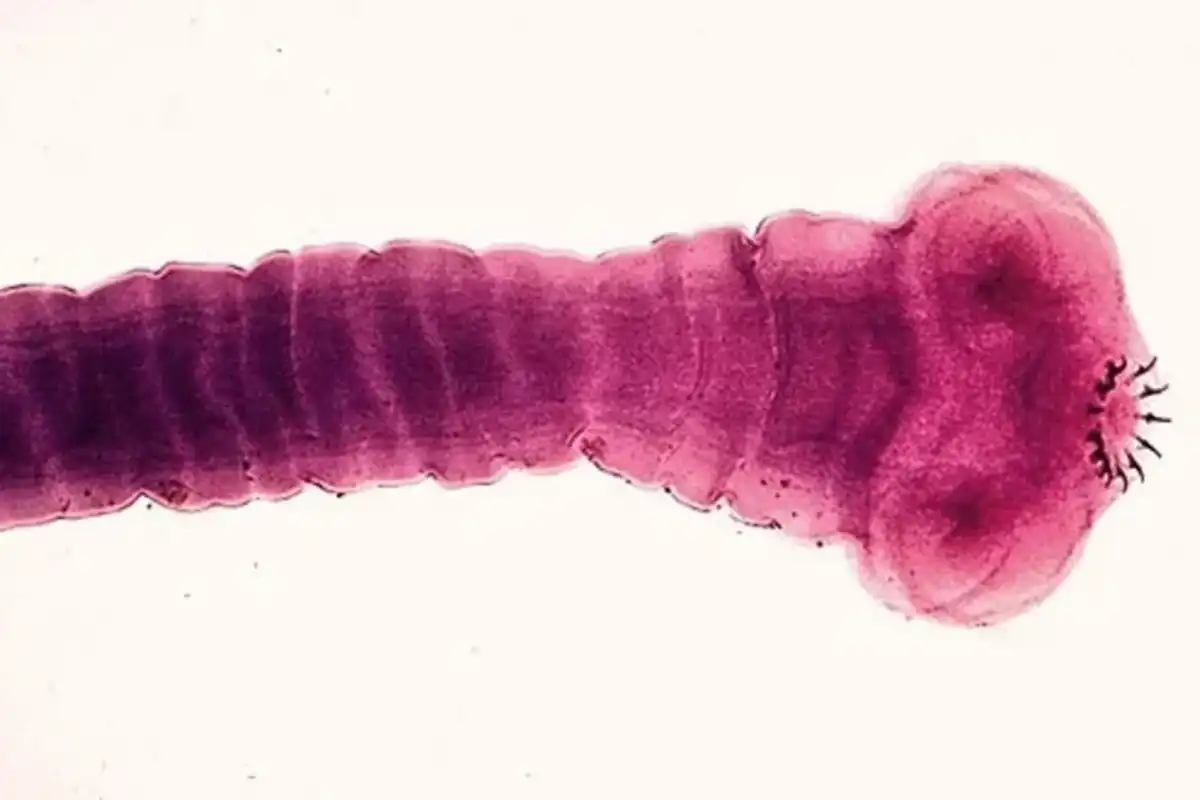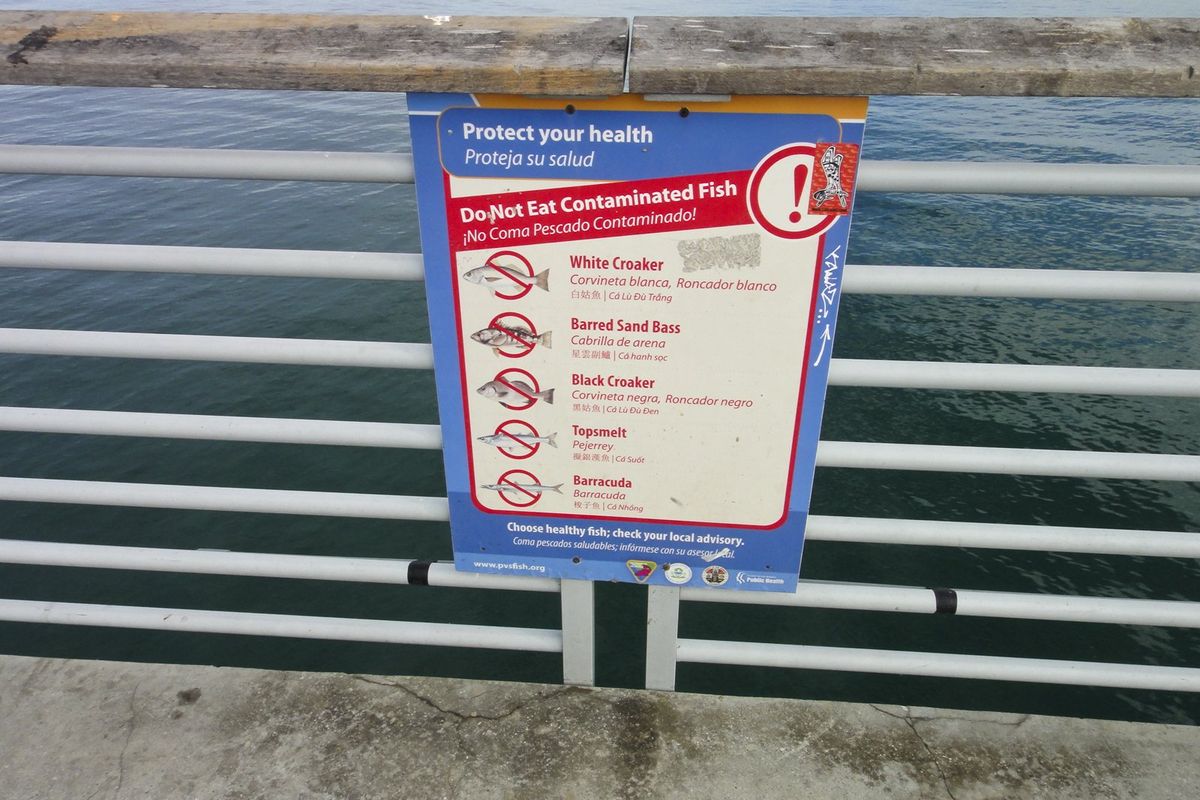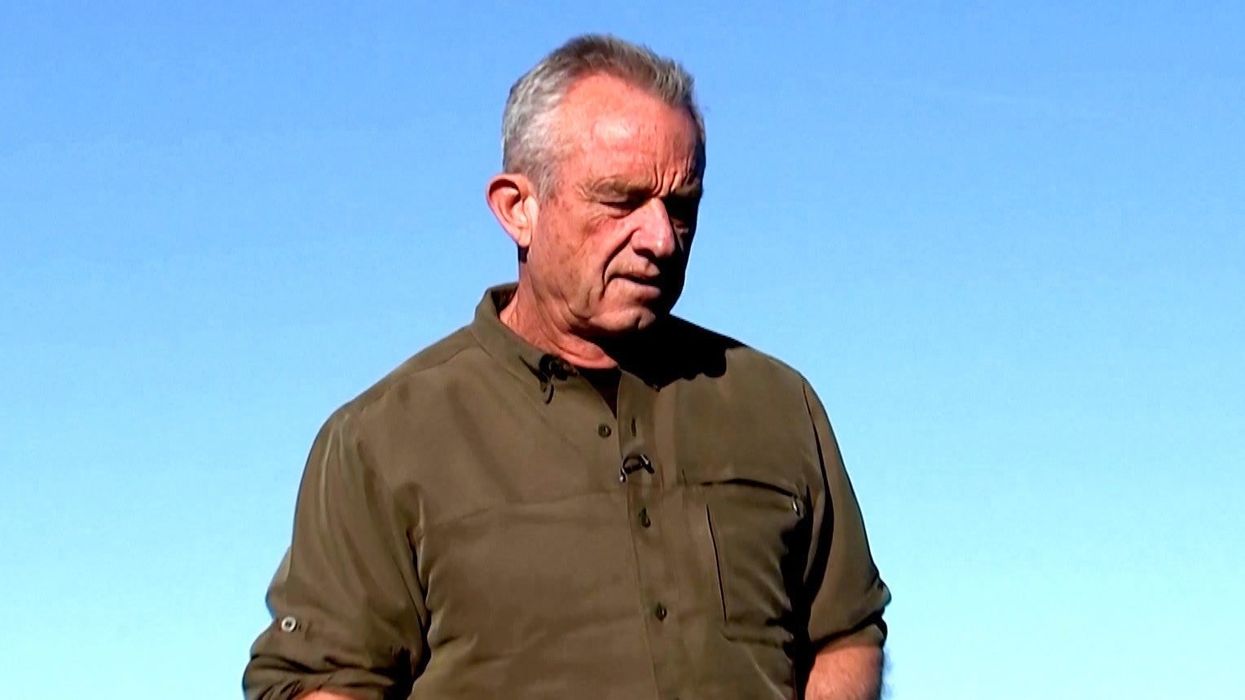News
Harriet Brewis
May 13, 2024
Here’s How Robert F. Kennedy Jr.’s Independent Race Could Impact the 2024 …
ZMG - Veuer / VideoElephant
Robert F. Kennedy Jr. is known for making some eyebrow-raising claims but, usually, people vying for the most important job in the world don’t undermine their own mental capabilities.
And yet, the controversial US presidential candidate has revealed that, in 2010, “a worm got into [his] brain, ate a portion of it and then died".
The bizarre admission was made in a 2012 deposition which he gave during divorce proceedings from his second wife, Mary Richardson Kennedy.
At the time, Kennedy argued that his earning potential had been diminished by his cognitive struggles, The New York Times (NYT) reports.
At the time, the now-70-year-old explained that he’d been experiencing such severe memory loss and mental fogginess that experts suspected he might have a tumour.
However, after reviewing his case, a doctor at NewYork-Presbyterian Hospital drew a different conclusion: he believed that the dark spots visible on Kennedy’s brain scans were, in fact, caused by a dead parasite.

Around the same time, the famous anti-vaxxer and environmental lawyer was also diagnosed with mercury poisoning, most likely contracted by eating too much fish containing the dangerous element, which can cause serious neurological issues.
“I have cognitive problems, clearly,” he said in the 2012 deposition. “I have short-term memory loss, and I have longer-term memory loss that affects me.”
Doctors who have treated parasitic infections and mercury poisoning told the NYT that both conditions can permanently damage brain function, but acknowledged symptoms can also be temporary, and patients can mount a full recovery.
Speaking to the paper over the phone earlier this year, Kennedy said he didn’t know what type of parasite had lodged itself in his brain, although he suspected he may have contracted it during a trip through South Asia.
Meanwhile, a number of infectious disease experts and neurosurgeons told the NYT that, based on Kennedy’s descriptions, they believed it was likely a pork tapeworm larva.
Dr Clinton White, a professor of infectious diseases at the University of Texas Medical Branch in Galveston, told the paper that microscopic tapeworm eggs are easily transferred from one person to another.
Once hatched, these larvae can travel in the bloodstream, “and end up in all kinds of tissues,” he said.
He added that it is unlikely that a parasite would “eat” a part of the brain, as Kennedy suggested.

This opinion was seconded by anatomical expert Adam Taylor, of Lancaster University who, in a piece for The Conversation noted that “pork tapeworms don't eat brain tissue”, instead they absorb its nutrients.
According to Prof Taylor, people experiencing tapeworm infections usually show few or no symptoms to begin with. And if they are suffering ill effects, these tend to mirror those of other common stomach bugs, including nausea, pain, diarrhoea and changes in appetite.
“However, once the larvae reach the brain [...] several potentially serious, life-threatening symptoms may emerge,” he warned.
“Larvae cause small cysts to form, which can be picked up on brain scans.
“It is these cysts that cause symptoms, compressing neurons that can lead to defects in brain function, seizures and death.”
The good news is, infections can usually be treated with antihelmintic and anti-inflammatory drugs.
The parasitic condition, known as neurocysticercosis, causes 2,000 hospitalisations each year in the United States, according to the journal Emerging Infectious Diseases.
Scott Gardner, curator of the Manter Laboratory for Parasitology at the University of Nebraska-Lincoln, told the NYT that once any worm is in a brain, cells calcify around it. “And you’re going to basically have almost like a tumour that’s there forever. It’s not going to go anywhere.”
And whilst Dr Gardner said it was possible a worm could cause memory loss, severe memory loss is more often associated with the other condition from which Kennedy once suffered: mercury poisoning.

The politician said that at the time of his diagnosis, he was eating a huge amount of tuna and perch – predatory fish which are both known to have elevated mercury levels.
Speaking to the NYT, Kennedy said he had his blood tested after experiencing “severe brain fog”.
These tests showed his mercury levels to be 10 times what the Environmental Protection Agency considers safe, he said.
In the interview, the environmental campaigner said he was certain his diet had caused the poisoning. “I loved tuna fish sandwiches. I ate them all the time,” he admitted.
Still, for anyone wondering how all of this might affect his chances of seizing the White House this autumn, the 70-year-old insists he has recovered from his cognitive issues.
He also stressed that he had suffered no aftereffects from the parasite, which he said had not required treatment.
Asked last week if any of Kennedy’s health issues could compromise his fitness for the presidency, Stefanie Spear, a spokeswoman for his campaign, told the NYT: “That is a hilarious suggestion, given the competition.”
Then, on Wednesday afternoon (8 May), the 70-year-old posted to X/Twitter: “I offer to eat 5 more brain worms and still beat President Trump and President Biden in a debate.
“I feel confident in the result even with a six-worm handicap.”
Sign up for our free Indy100 weekly newsletter
Have your say in our news democracy. Click the upvote icon at the top of the page to help raise this article through the indy100 rankings
Top 100
The Conversation (0)














